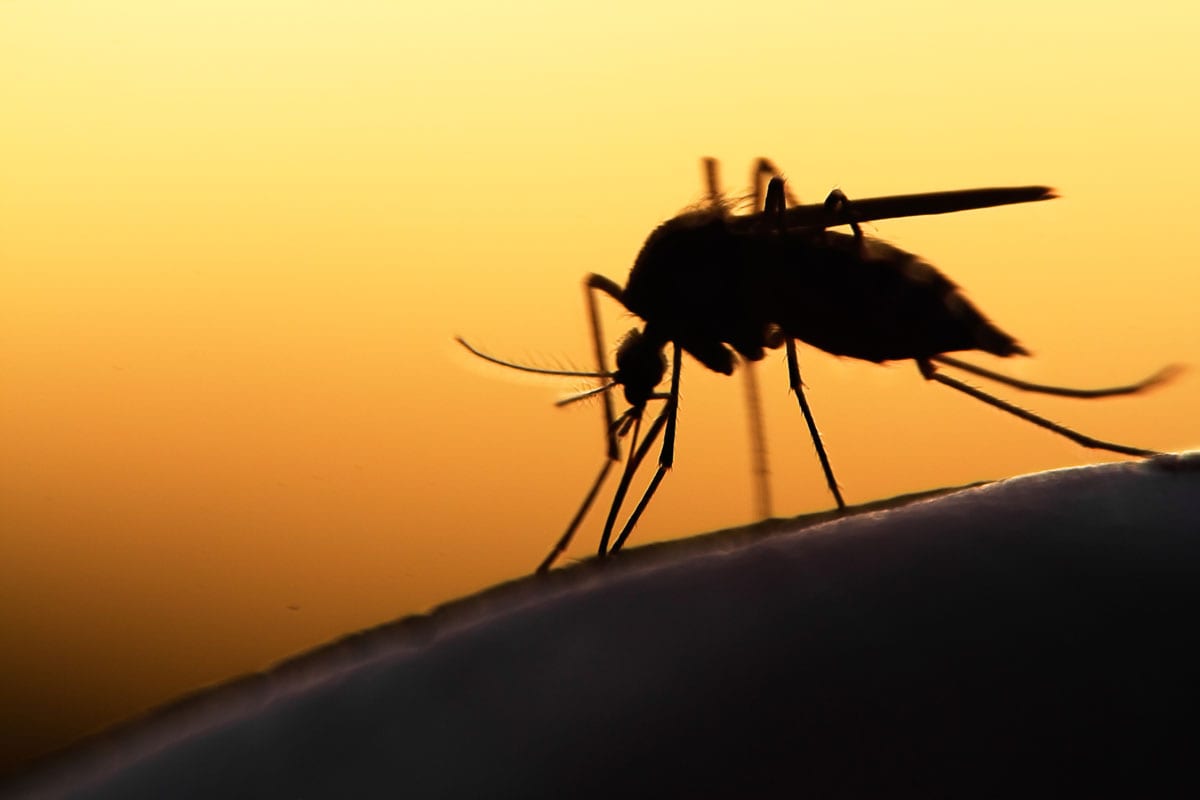

[ad_1]
The Massachusetts Department of Public Health (MDPH) announced on Friday, Sept. 27, that West Nile Virus (WNV) has been detected in mosquitoes collected from Lynn. In 2023, 10,765 mosquito samples were tested for WNV and 164 samples were positive. Lynn had 0 WNV positive mosquito samples identified in 2023.
WNV is most commonly transmitted to humans by the bite of an infected mosquito. The mosquitoes that carry this virus are common throughout the state and are found in urban as well as more rural areas. While WNV can infect people of all ages, people over the age of 50 are at higher risk for severe infection.
By taking a few, common sense precautions, people can help to protect themselves and their loved ones:
Avoid mosquito bites
Mosquito-proof your home
While the Lynn Public Health Division continues to work closely with the MDPH and other agencies, more resources can be found on our web page: www.Lynnma.gov/city_government/departments/publichealth
Information about WNV and reports of current and historical WNV activity in Massachusetts can be found on the MDPH website at: www.mass.gov/dph/mosquito.
[ad_2]
Source link
24World Media does not take any responsibility of the information you see on this page. The content this page contains is from independent third-party content provider. If you have any concerns regarding the content, please free to write us here: contact@24worldmedia.com

Large part of Lynn Woods remains closed

Swampscott water tests lead-free – Itemlive

Mother needs help providing the Christmas experience

A cheerful fundraiser for Saugus team

Carl Daniel Reiter – The Suffolk Times

Joan Ann (Woessner) Polywoda – The Suffolk Times

Thomas L. Lewick – The Suffolk Times

Jeanette Howard – The Suffolk Times

Nina Mazzaferro – The Suffolk Times

Lynn mayor announces re-election bid

BARRETT: They ate plenty – Itemlive

Brooke Moloney, the Minutewoman – Itemlive